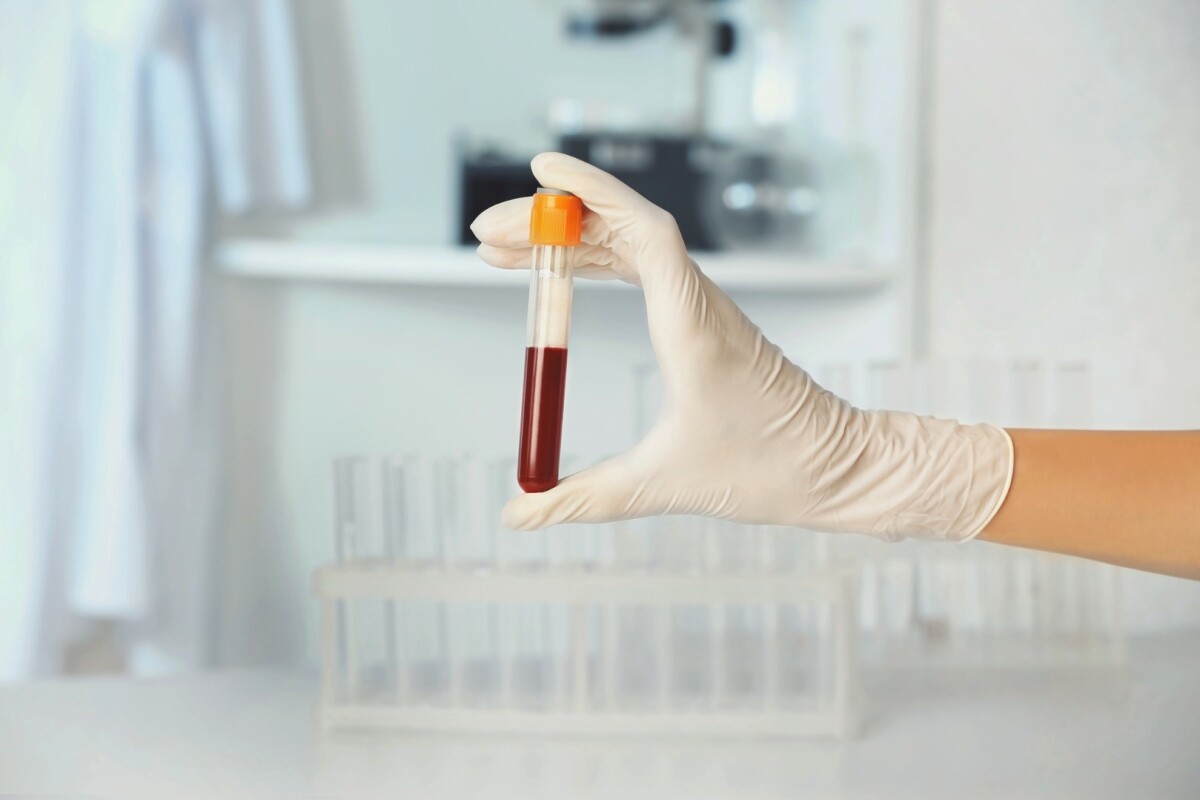It turns out the fountain of youth might be coursing through human umbilical cords. At least that's part of the findings from a team of researchers at Stanford University that saw some impressive results when the substance was injected into old mice suffering from cognitive decline. The discovery might help combat age-related mental impairments.
The work of the researchers builds on previous studies from the same lab that showed that injecting blood plasma from young mice into old mice helped improve the senior rodent's memory and learning abilities.
In this study, the scientists injected old mice with blood plasma – the fluid that carries blood cells – taken from human umbilical cords. The mice, which had been bred to be immunodeficient so that their bodies wouldn't reject the plasma, received an injection every four days for two weeks. Afterwards, the researchers compared those mice with those in three other groups: those that got blood plasma from young adults, those that got plasma from older people, and those in a control group that only got saline. Sure enough, the mice that received the human umbilical-cord plasma showed the sharpest increase on memory and learning tests.
After further study, the researchers isolated a protein they believe is responsible for the increased cognitive abilities: tissue inhibitor of metalloproteases 2, or TIMP2. This substance regulates other proteins responsible for chopping up still more proteins inside cells.
When the researchers injected TIMP2 into elderly mice, the results were nearly identical to using the human umbilical cord blood. It also restored the nesting instinct of the old mice to use bits of cotton and other materials to create a bed on which to sleep. This behavior is largely lost as mice age.
The researchers believe that both the umbilical cord blood and TIMP2 works on the brain's hippocampus, a portion of our grey matter that's involved with forming memories, such as being able to recall what you ate for dinner last night, and helping us with spatial recollections, such as where we left our keys or parked our cars. This area of the brain degenerates under the process of normal aging, so finding a substance that restores its function could help researchers develop drugs to combat age-related cognitive decline.
"Neuroscientists have ignored it and are still ignoring it, but to me it's remarkable that something in your blood can influence the way you think," said the study's senior author, Tony Wyss-Coray, Stanford professor of neurology and neurological sciences at the Veterans Affairs Palo Alto Health Care System. Wyss-Coray worked on the study with lead author Joseph Castellano, who is now an instructor of neurology and neurological sciences at Stanford.
Their work will appear online in the April 19 edition of the journal Nature.





